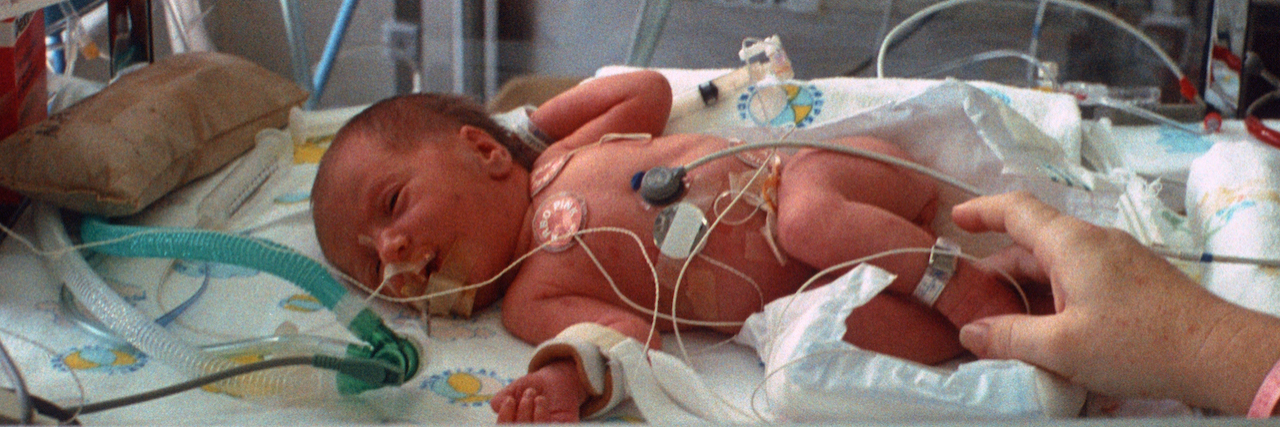Nothing prepares a parent for life in the NICU. Sometimes it is expected, and sometimes it is a surprise. Regardless, it is traumatic on many levels. One of the things many people don’t expect is the loneliness it brings. NICU parents are constantly surrounded by people. Doctors, nurses, respiratory therapists, occupational therapists and social workers fill their day. Yet, strangely amidst the hustle and bustle of the NICU, there are moments when these parents feel completely alone.
• What is PTSD?
Parents may feel a detachment from their baby from all of the cords, wires and fear. Even holding their baby, they feel alone. Mothers forced to pump their milk until their baby is strong enough to take it — they open the door to the pumping room, attach themselves to the pump and stare at the clock and pump, surrounded by the eerie sound of silence. Walking through the hospital, which has come to be like a second home, they long for normalcy. In the struggle of it all, they feel alone.
This feeling of loneliness and isolation continues even after their baby is discharged from the hospital. The trauma of everything seen and experienced within the NICU follows them around — how could it not? Even among gatherings of family and friends, they are haunted by their experience and fear. It hangs like an aura around them. Watching others converse and laugh, they can only muster an artificial smile. They feel like a ghost of their former self.
In the midst of all the trauma and feelings that can be impossible to describe, it’s natural to feel a sense of loneliness take over. Others don’t understand how they feel, and often they themselves don’t understand how they feel. This lack of understanding can cause a void between them and the people who care about them.
NICU parents go through so much throughout their stay and after, and out of everything experienced, loneliness is something loved ones can help with. As someone outside the situation, you don’t have to understand what they are going through (and don’t pretend to) to help them. Be a shoulder to cry on, send them a text, give them a call or take them out to lunch or coffee. Do something to make them feel like they are still connected to you and that you are thinking about them. Not only does this show them your support, but you also show them they are still a priority. Don’t let you being uncomfortable with their situation keep you from reaching out in a time when they need you most.
NICU parents are often forgotten about and pushed to the side because the baby and the baby’s survival is the priority. However, the spiritual and mental survival of their parents needs to be a priority as well. Loneliness can lead to depression, anxiety and post-traumatic stress disorder (PTSD) symptoms in these parents. All of which are prevalent in the NICU community.
The mental health questionnaires they give mothers to screen for postpartum depression is not an adequate way to make sure NICU mothers are “OK,” because of course they are not OK. How could you be “OK” when your baby is fighting for their life? Furthermore, what screening is given to the father? They too are experiencing trauma and are shuffled to the side even more so than the mother is. How can these parents not feel isolated when this is the support they are provided?
Systematically, we can do better. We need to do more to help families in what could be the most trying time of their lives. We also need to recognize that this trying time continues once the baby is home from the hospital. The NICU leaves scars that can’t be and shouldn’t be dismissed.
If you know someone going through this, reach out and check in on them. Take the first step to change how we treat the mental health of families in the NICU community. They need your help.
Getty image by cws_design

